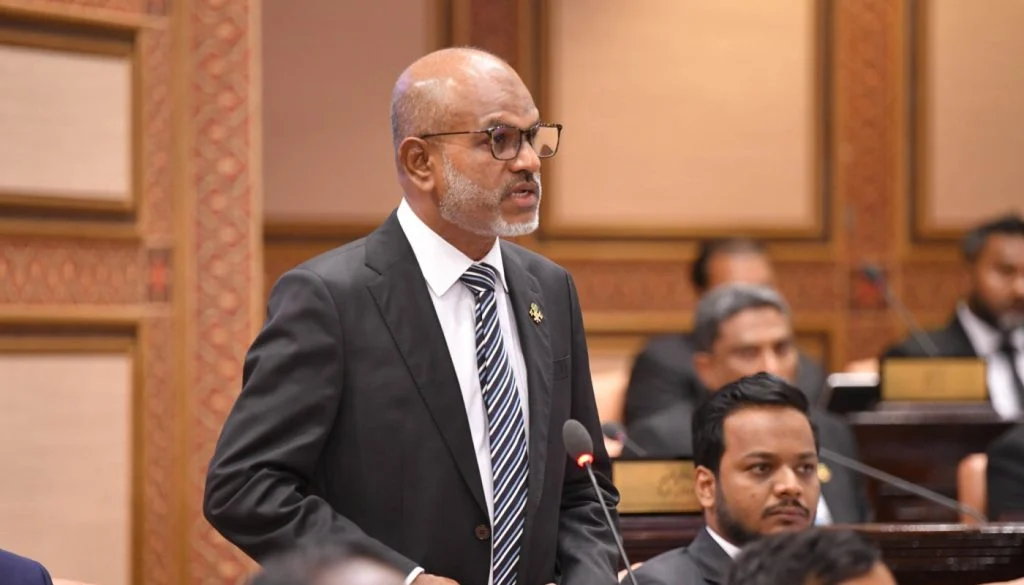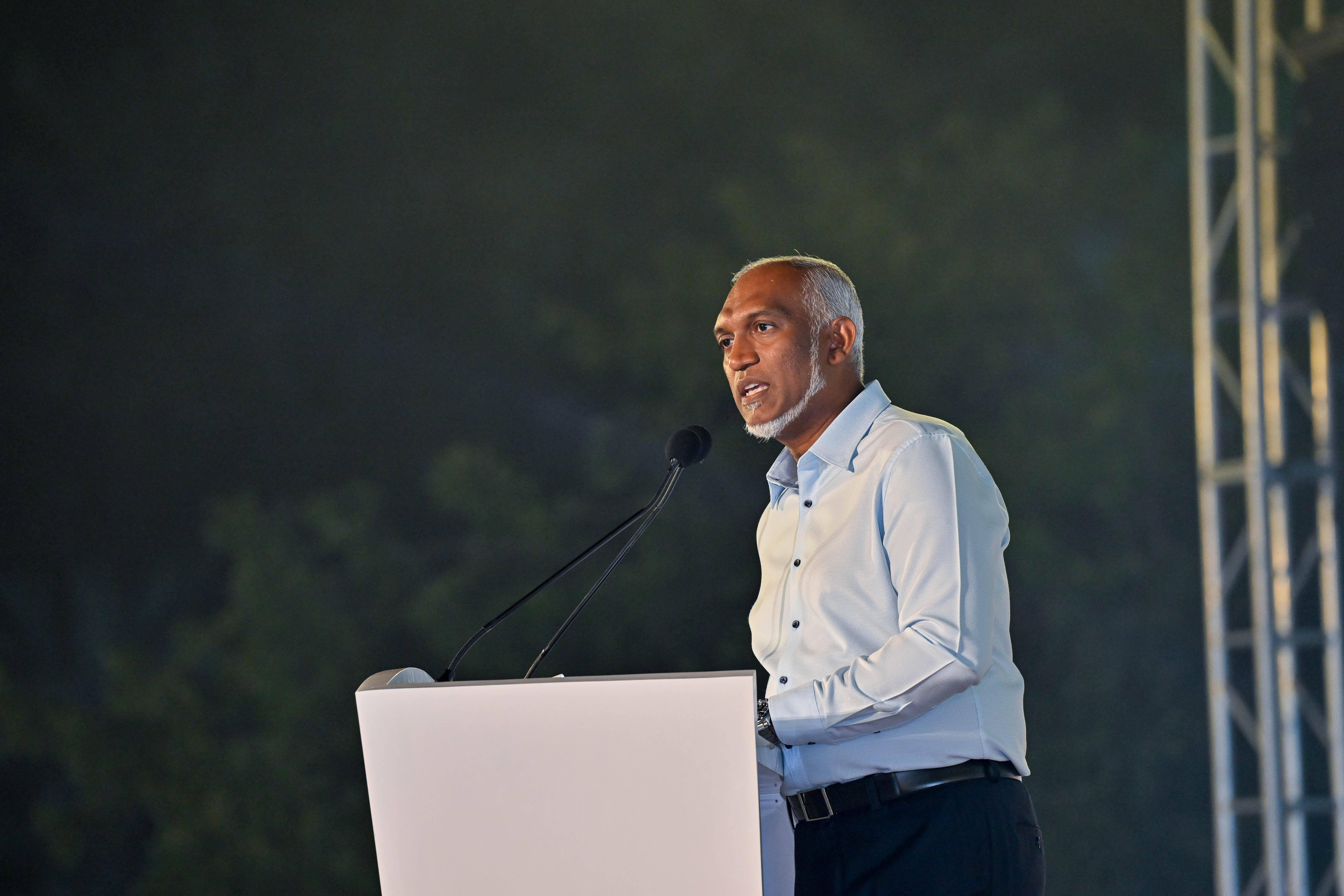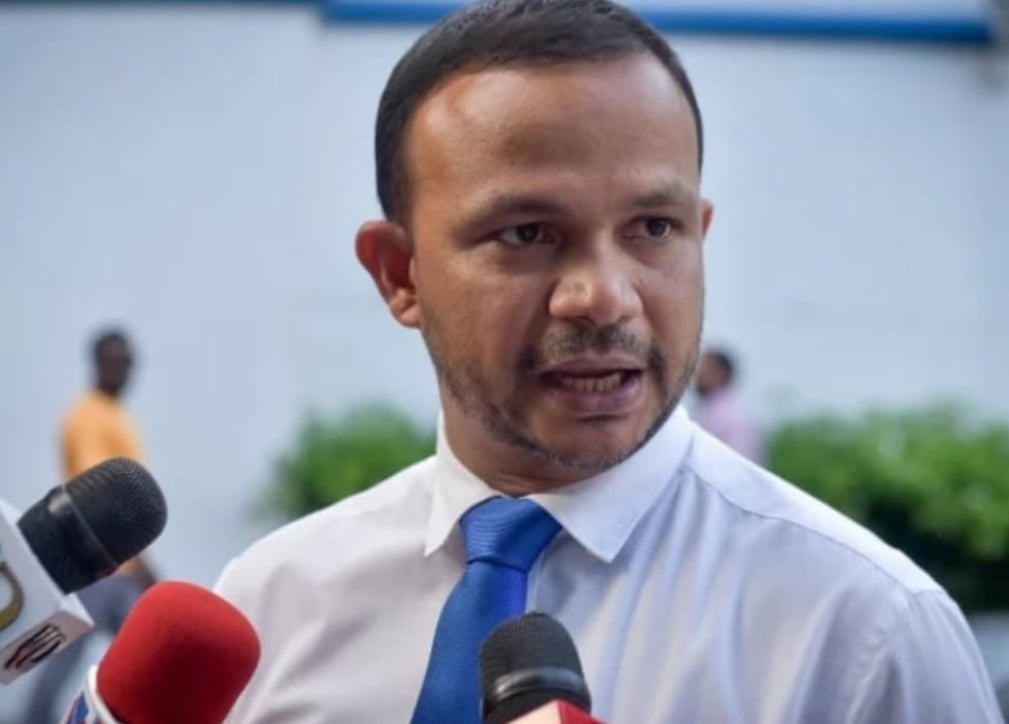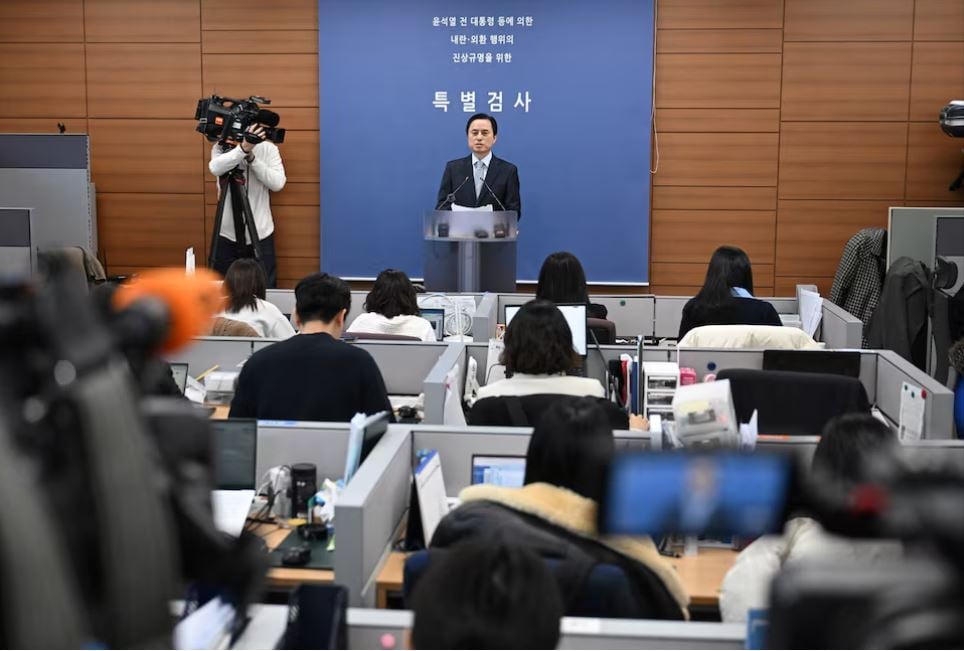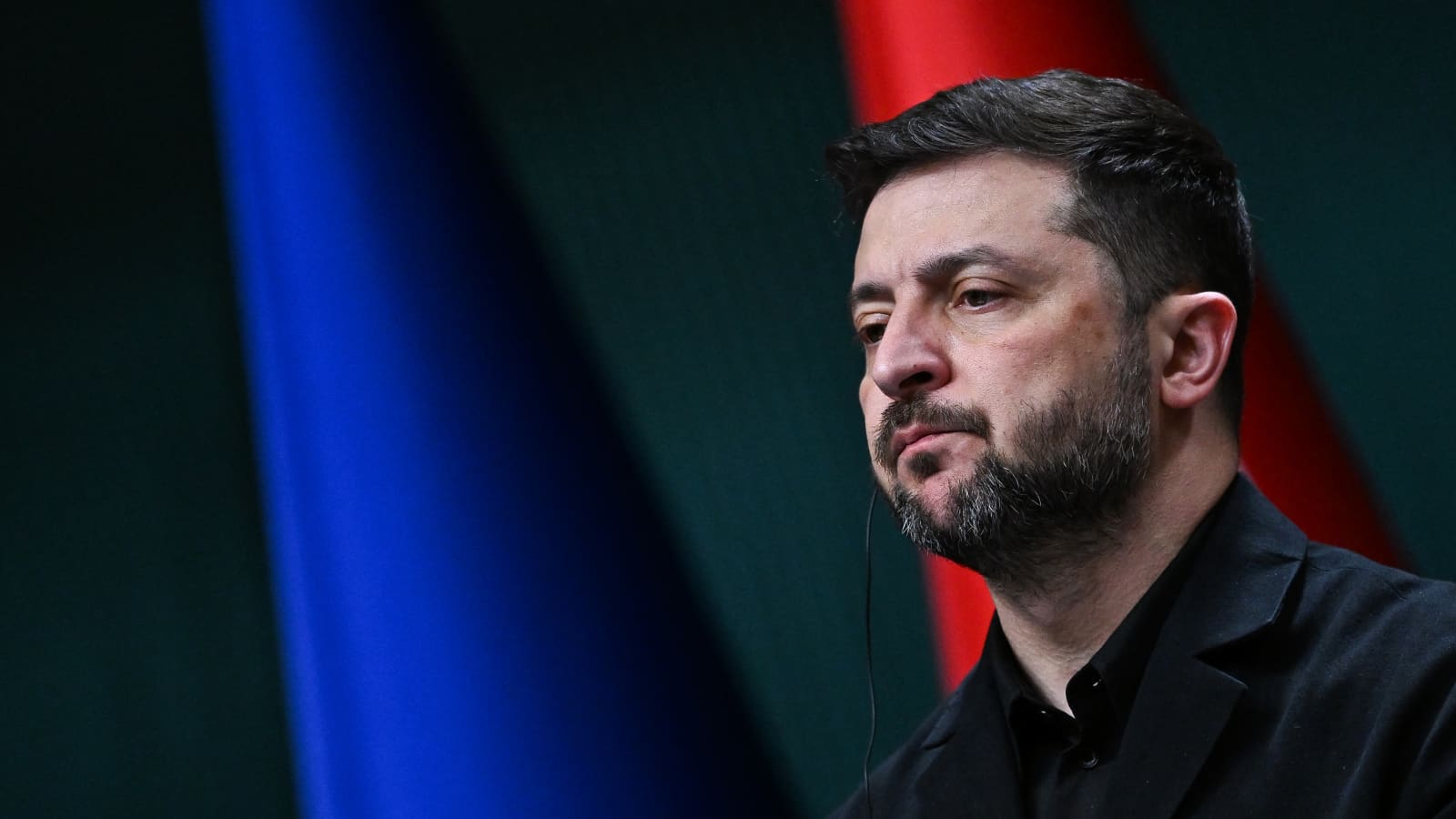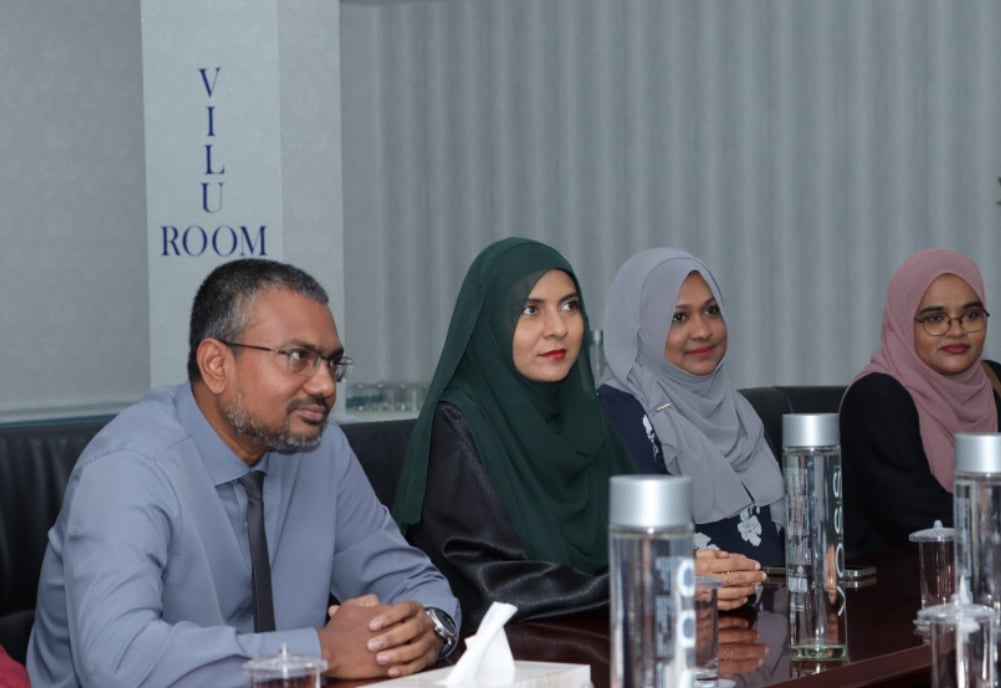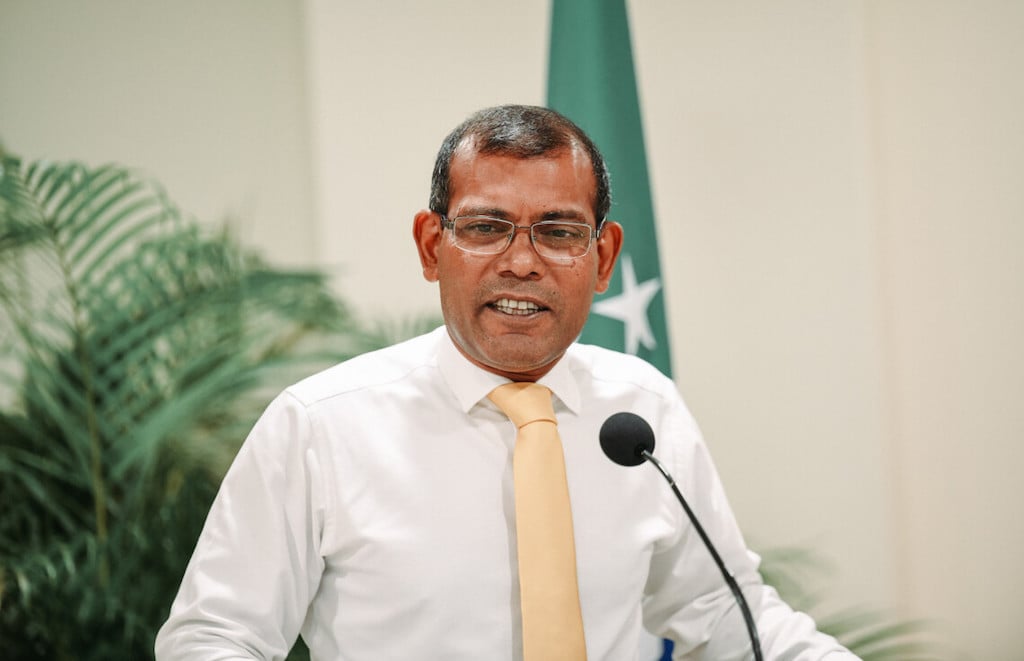Deputy Speaker of the Parliament, Ahmed Nazim, has called on the media to refrain from misrepresenting his comments regarding a bill aimed at regulating media and internet platforms.
In a recent interview with a local media, Nazim discussed the progress of a bill that seeks to regulate the internet, social media, and journalism under a unified system. He clarified that the primary objective of the bill is to address the evolving landscape of digital communication. However, his remarks were misinterpreted by some media outlets, sparking concerns that the government was drafting a law to restrict media freedom.
In a statement issued later, Nazim emphasized that he had no intention of restricting media freedom and would not support such actions. He explained that, while the bill aims to regulate both traditional media and online platforms, it was not designed to curtail freedom of expression. Nazim also referenced the challenges faced by two existing media regulatory bodies in the Maldives, which have not been functioning effectively, despite significant funding.
The Deputy Speaker clarified that the proposed bill was not intended to infringe upon the people’s right to free speech or limit media freedoms. He called on media outlets to accurately represent his views and avoid spreading misleading information.
In response to the controversy, President Office Spokesperson Heena Waleed reiterated that the government had no plans to introduce a bill that would regulate media or internet platforms in such a restrictive manner. She emphasized that the issue was not part of the government’s legislative agenda and reassured the public that no such bill would be introduced in the future.
In a recent interview with a local media, Nazim discussed the progress of a bill that seeks to regulate the internet, social media, and journalism under a unified system. He clarified that the primary objective of the bill is to address the evolving landscape of digital communication. However, his remarks were misinterpreted by some media outlets, sparking concerns that the government was drafting a law to restrict media freedom.
In a statement issued later, Nazim emphasized that he had no intention of restricting media freedom and would not support such actions. He explained that, while the bill aims to regulate both traditional media and online platforms, it was not designed to curtail freedom of expression. Nazim also referenced the challenges faced by two existing media regulatory bodies in the Maldives, which have not been functioning effectively, despite significant funding.
The Deputy Speaker clarified that the proposed bill was not intended to infringe upon the people’s right to free speech or limit media freedoms. He called on media outlets to accurately represent his views and avoid spreading misleading information.
In response to the controversy, President Office Spokesperson Heena Waleed reiterated that the government had no plans to introduce a bill that would regulate media or internet platforms in such a restrictive manner. She emphasized that the issue was not part of the government’s legislative agenda and reassured the public that no such bill would be introduced in the future.





